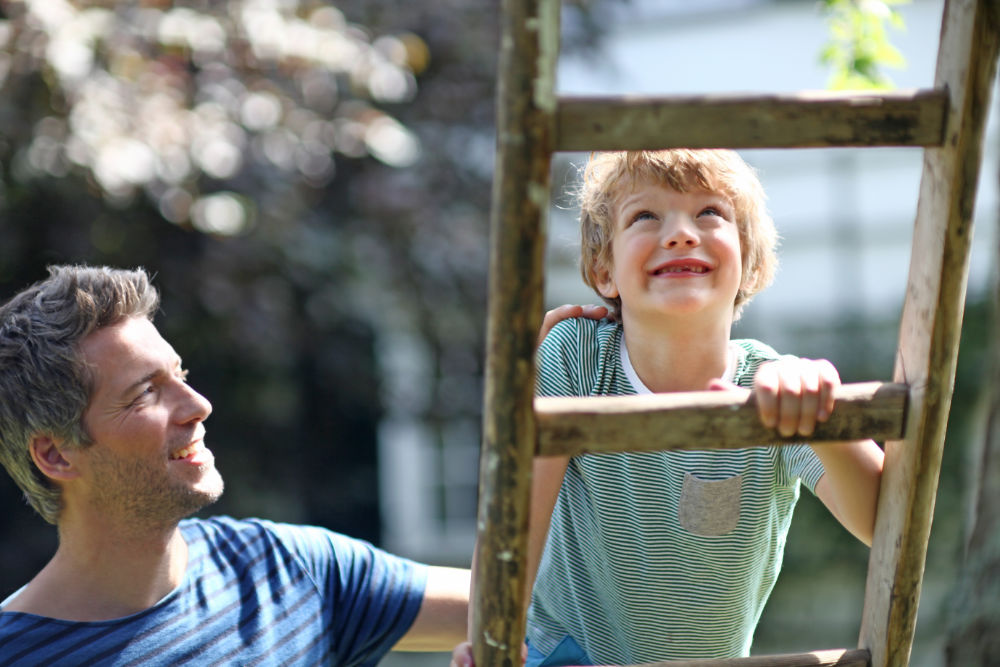Louis Divorce Mediation ~ Online and In-Person Mediation in Chicago
|
In divorce mediation I encourage divorcing parents to have a conversation about developing shared goals for their children.
From their birth, we want the best for our children and will willingly make sacrifices for them. This is an expression of our commitment to them—giving them the chance to see their dreams come true. In our own lives, we try to set personal goals. For our children, this can be a more challenging proposition. What is the parental role in imagining goals for our children? Where does our goal setting encroach on a child’s freedom to become his/her own person? This boundary between parents’ and children’s responsibility to set goals is an issue needing sensitivity and will vary, depending on the clients involved. Regardless, I always encourage you as parents to discuss your shared aspirations for your children. Imagine that your children, as young adults, are everything you had ever hoped they would be. What words would you use to describe them? In approaching this conversation, I find it most constructive to keep the focus on a broad, high-level vision of the children’s future. I introduce this discussion by asking one simple question: “Imagine that your children, as young adults, are everything you had ever hoped they would be. What words would you use to describe them?” This invites you as parents to share your goals for the kind of person you would like to see your children become. Some words I often hear are “confident,” “curious,” “independent” and “well educated.” There are no wrong answers, and most parents in my mediation practice can usually agree on a shared list. After we have created this list, I acknowledge that a child’s ability to become the adult who exemplifies these qualities will be partly the responsibility of the child in his/her own process of growing up. However, I believe that there is also a significant parental role to be played in shaping a child’s character. So I explore this by asking a second question: “Over the years, from now until your children are adults, what can you as parents do to help them become the persons you described in your envisioning exercise?” As clients discuss their response to this second question, we begin to establish a shared framework of how parents can work together after a divorce. Living in separate households, there is absolutely still the opportunity to give your children the love, attention, guidance and nurturing that will allow them to envision their own goals, receive your love and support, and climb that ladder to reach for and grab their dreams.
0 Comments
Leave a Reply. |
Categories |
David Louis, MPA, CDFA® • Louis Mediation Services - Chicago
|
Chicago Office: 1700 W Irving Park Rd., Suite 105, Chicago, IL 60613
Northbrook Office: 555 Skokie Blvd., Suite 500, Northbrook, IL 60062 |
Copyright © 2024


 RSS Feed
RSS Feed